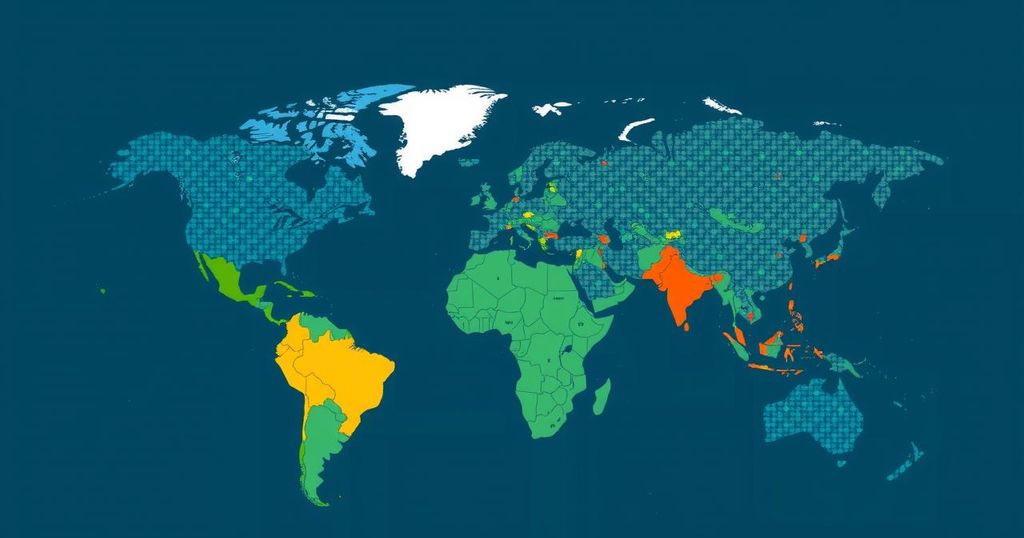The Impact of Language Barriers on Global Climate Literacy

The article examines the influence of language barriers on global climate literacy, emphasizing the dominance of English in scientific publications. It highlights the marginalization of non-English speakers in accessing vital climate information and discusses initiatives aimed at promoting multilingualism to enhance climate science communication and understanding.
Language plays a pivotal role in shaping the accessibility of climate science globally. Despite the pressing nature of climate change, which affects all inhabitants of Earth, the predominant reliance on English as the medium for scientific publications limits the dissemination of knowledge, particularly to those whose primary languages are not English. This situation creates a significant barrier in understanding and addressing climate issues, particularly among populations in developing nations who are often the most affected. It is estimated that nearly 90% of scientific research is published in English, emphasizing its dominance in academia. This linguistic disparity, where English is an elite language primarily spoken in a limited number of countries, marginalizes non-English speakers and results in a disproportionate distribution of climate knowledge. As noted by linguist David Crystal, even the most conservative estimates indicate that only a quarter of the global population is proficient in English, leaving a vast majority with little access to vital scientific information necessary for climate literacy. Moreover, the concentration of scientific knowledge production in Anglophone countries, such as the United States and the United Kingdom, exacerbates this issue. Out of the top 100 scientific journals based on impact, an overwhelming 91 are centered in these two nations, which raises concerns about the inherent inequalities in knowledge creation and dissemination. UNESCO’s Open Science initiative seeks to mitigate these challenges by promoting greater accessibility in scientific research. The objective is to foster scientific collaborations that transcend linguistic barriers. This may include encouraging multilingualism in scientific communication and leveraging advancements in technology, such as machine translation and artificial intelligence, to make climate-related content available in multiple languages. Organizations like Climate Cardinals are already working to translate critical information into over a hundred languages, thus enhancing the accessibility of climate knowledge to a broader audience. These initiatives reflect a movement towards dismantling language barriers in science, thereby potentially increasing climate literacy and engagement in climate action. Overall, the shift towards multilingualism in scientific discourse is essential to ensure that all communities, regardless of linguistic background, can access, understand, and contribute to addressing the challenges posed by climate change.
The article addresses the critical issue of language barriers in the context of climate science communication. It highlights the significant role of English as the dominant language in the dissemination of scientific literature, which presents challenges for comprehension and access, especially for populations in non-English-speaking regions. The article underlines the importance of multilingual approaches to enhance global climate literacy and promote more inclusive scientific discourse.
In summary, the linguistic barriers surrounding climate science significantly hinder global understanding and action against climate change. The overwhelming prevalence of English in scientific literature not only restricts access to crucial information but also perpetuates inequalities within global knowledge production. By fostering multilingualism and utilizing technological advancements, efforts such as those by UNESCO and organizations like Climate Cardinals can help bridge these gaps, ultimately promoting greater climate literacy and empowering all communities to engage in climate action.
Original Source: theconversation.com






